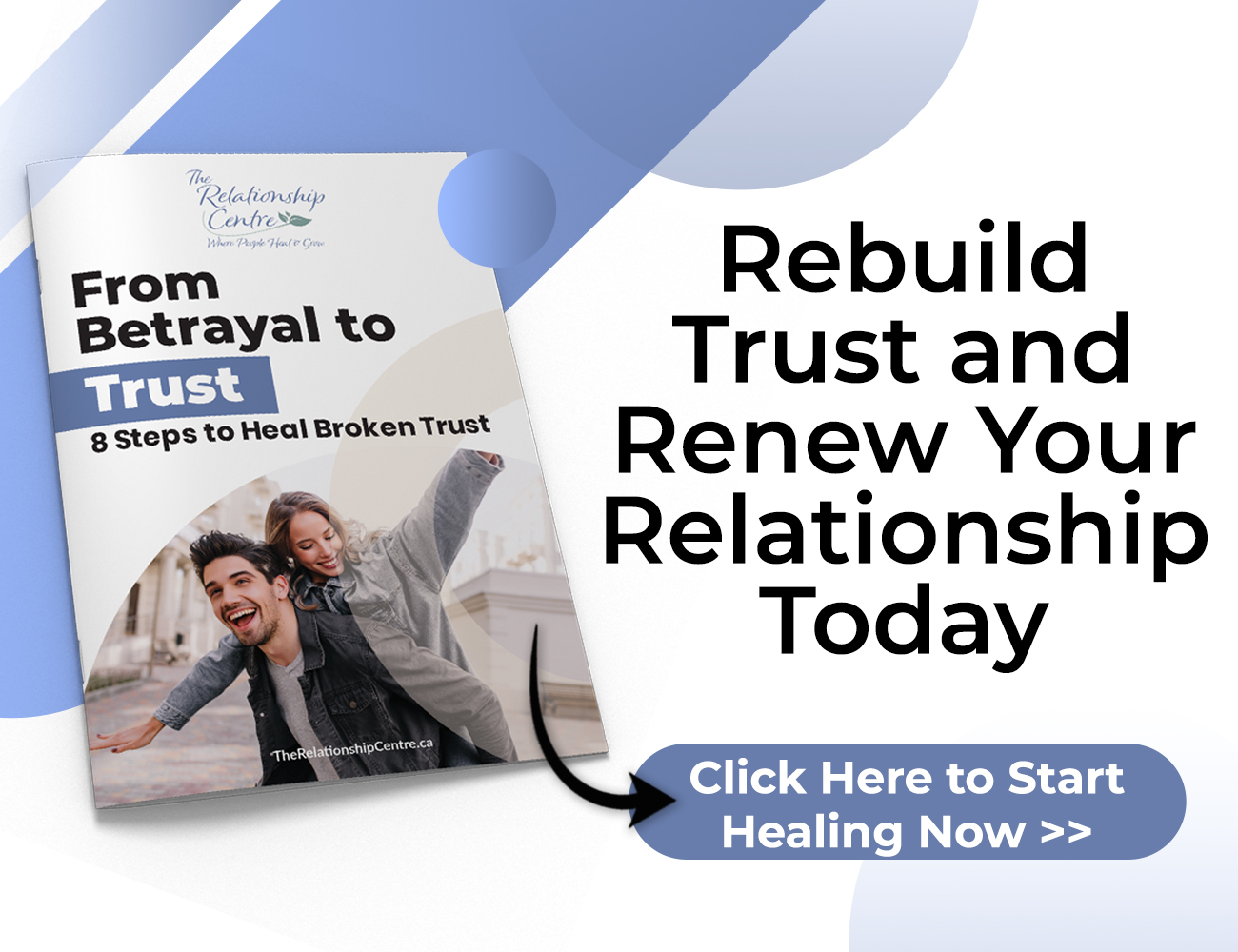Do you struggle with how to stay calm when life throws more at you than it feels you can handle? These experiences can be frustrating, to say the least. These encounters can happen in virtually any walk of life such as parenting, romantic relationships, work settings and everything in between.
Perhaps you’re wrestling with:
- How to stay calm when angry
- How to stay calm during an interview
- How to stay calm at work
- How to stay calm in anxious situations
- How to stay calm no matter what
Those emotions well up inside of you. They are intense, and no matter how badly you desire to keep your composure, it can feel difficult to impossible to do just that. You may feel fear or even panic. Deep sadness, anger or rage may also come out.
So, how do you keep relaxed when you don’t feel that way? Here are some thoughts on how to stay calm under pressure.
How to Keep Calm: Nurture Your Inner Peace
First, it’s very common to focus on how to remain calm under pressure only when you need it most. But many times, it’s too late by then. All the bells and alarms rev up in your body and mind as your fight or flight response readies for takeoff. Because of this, it can feel impossible to control your emotions and keep your composure at the moment because your inner calm wasn’t grown beforehand.
Many individuals attempt to find outer calm while experiencing anything but inner tranquillity. Consistently practicing outward calm without having internal peace is an impossibility. It’s like building a nice-looking dam on a river that doesn’t have the strength to withstand spring’s torrents. That inner turmoil is guaranteed to come out, especially during those high-stress moments when it’s the last thing you want.
Because of that, you’ll need to find a healthy “release valve” for your inner stress, so it isn’t unleashed at the worst possible time. Here are some additional ways to practice and grow inner calm. Once you’ve strengthened your inner peace, staying calm won’t feel so much like trying to hold back the mighty Niagara.
Share With Safe People: Discussing your stressors with people you trust is a great way to let out anger, anxiety or fear inside you. That way, when you need to remain calm, you’ve already had a chance to work through it.
In her “Psychology Today” article entitled Inner Peace in the Midst of Outer Chaos, Suzanne Degges-White, Ph.D. shares the following:
“Being a part of a network of supportive friends and family strongly correlates with our sense of mattering. And when we feel that we matter to others, our feelings of happiness, safety, and security increase.”
Let Go: Release what you can’t change. Although we can control many life aspects, there are plenty that we can’t. Too often, we stress over things that can’t be changed. Once you learn to accept what cannot be altered, you’ll find learning how to stay calm in stressful situations much more manageable.
Journal: Journaling can be a great outlet to get out what is bothering you. It’s a safe place to vent that doesn’t lead to the social challenges improperly handling a public moment can cause. Let off some steam and learn about yourself to promote calmness.
Better Sleep: You are far more likely to struggle with calmness under pressure if you’re regularly sleep-deprived. Prioritizing sleep is one of the quickest ways to better regulate your emotions. It’s much easier to stay calm when you’re upset when you’re well-rested. Here are ten sleeping tips to consider if getting proper rest has been difficult lately.
Exercise: Our bodies need a lot of movement to remain strong and healthy. They won’t operate at their optimal level if we stay sedentary, which is so common in our culture. Because of the connection of the body and mind, you’ll find a greater ability to remain calm under pressure if your body is strong and fit.
Improved Diet: If you put good fuel into your body, you’ll get better results when the pressure points of life show up. A better diet means your body and mind will feel less stress during challenging moments. You’ll also be able to think more clearly and navigate the situation with greater ease.
Limit Stressors: Consider decreasing your news intake or social media usage. Also, consider stepping back from negativity or seemingly impossible social stressors if you can. Life creates enough necessary stress as it is. Learning to cut out the unnecessary can make a big difference.
Therapy: Seeing a licensed therapist can provide the tools you need to stay calm when you don’t feel that way. You’ll be able to work on preventative and in-the-moment coping strategies that can truly transform your life over time.
How to Stay Calm in the Moment
The most critical aspect of remaining calm when you don’t feel that way is to improve your inner tranquility. Without that step, it will be difficult to successfully use coping skills at the moment. That said, there definitely are some coping strategies you can use now once you’ve strengthened your inner calm. Some of those include the following.
Go for Smaller Wins First: When someone goes skiing for the first time, they don’t start on the most advanced slopes. Besides being a recipe for disaster, doing so would be downright dangerous. In the same way, pick some of those mild stress points that would normally upset you but not epically so. Then, intentionally practice handling the situation with a renewed calmness level. As you master those smaller “slopes” and make tranquility a habit, the bigger ones won’t seem so intimidating.
Acknowledge Your Feelings: We often can do very little about our initial feelings. Acknowledging how you’re feeling can help you to relax now. Ironically, trying to deny your emotions will likely only make matters worse.
Deep Breathing: This is something you can practice each day to maintain greater calmness. It is also an excellent strategy for the moment when you don’t feel calm but need to maintain peace.
Step Away: If you can, temporarily remove yourself from the situation. Those feelings that well up tend to subside after a while. If you give it a little time, you’ll be able to come back a little later with more calmness.
Shift Your Focus: If you’re struggling to maintain your inner calm but can’t get away, shifting your focus to something else can help. That can be something you consider positive, whether that means your granddaughter, favourite sports team, or a hobby you enjoy. This will allow your body and mind to calm down since your thoughts will have shifted to something that makes you happy and more relaxed.
Consider Others: Think about who you will benefit by remaining calm in the moment. That will give you renewed resolve to be there for others. It also helps by taking the focus off your attempts to stay calm.
Is Staying Calm Under Pressure a Struggle for You Lately?
Although these strategies are excellent steps to take, mental health disorders can make it more difficult to know how to remain calm in tough situations. For instance, anxiety or depressive disorder can interfere with your sleep, making it much tougher to eat healthily or exercise. And as we discussed, an unhealthy body already puts you at a disadvantage.
Also, mental health disorders generally lead to a greater proneness to regularly ruminate about what bothers you. This makes it tougher to practice and grow your inner calm. Panic disorders and phobias are several examples of many where a mental health struggle can make it particularly difficult to stay calm in social settings too.
The Relationship Centre can assist you with proven ways to stay calm under pressure. If you’d like to learn more about how we can help, please get in touch. You can also take a moment and schedule an appointment with us.














